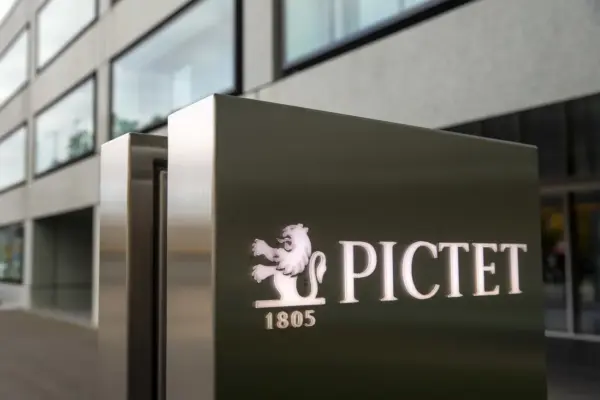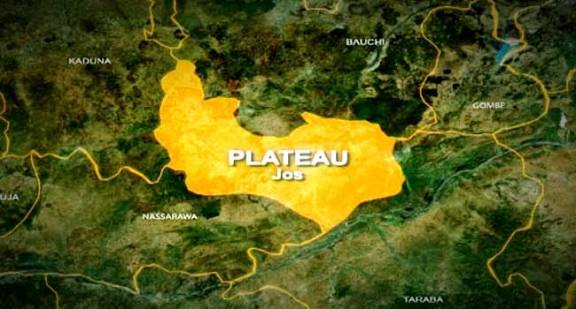The Minister of State for Petroleum Resources, Senator Heineken Lokpobiri announced that the stability of petrol prices nationwide is anticipated due to the consistent supply of fuel.
This was disclosed by the Minister, after his meeting with Vice-President Kashim Shettima at the State House.
Lokpobiri emphasized that the deregulation of the petroleum industry has shifted the responsibility of price-setting away from the government.
As a result, he expects the market dynamics to foster a more stable pricing environment across the country.
He said, “This sector is deregulated. And we believe that with the availability of products, the price will find its level.
“What is important is that the product is available in the country; between now and the weekend, there will be availability of the product across the length and breadth of the country.”
The Minister emphasized the President’s deep concern for the challenges faced by Nigerians.
He stated that the President’s empathy for the current economic hardships led to an instruction for Vice President Kashim Shettima to convene a meeting to address national issues.
Lokpobiri expressed optimism that a consistent supply of petroleum products across the country will contribute to stabilizing fuel prices.
He reassured citizens that this measure, coupled with the government’s current approach, aims to alleviate the financial pressures they are experiencing.
Meanwhile, the Executive Director of the Nigerian Midstream and Downstream Petroleum Regulatory Authority, Ogbugo Ukoha outlined key regulatory strategies aimed at stabilizing petrol supply and, consequently, fuel prices.
Ukoha highlighted the agency’s focus on extending operating hours at loading depots, ensuring prompt vessel clearance, and prolonging truck-out hours where safety conditions allow.
He also underscored ongoing initiatives to support local refining, explaining that increased domestic production would enhance supply and contribute to price stability.
“The objective of the regulator is to ensure that there are increased operating hours from all loading depots; vessels are being cleared promptly and extended hours where safety can permit truck outs as well.
“More importantly also is the reinforcement of the support being given to local refinancing, because with increased production there will be higher supply, which will stabilise the price.”
On Monday, fuel prices surged from N568 per litre to N897 at the Nigerian National Petroleum Company Limited’s filling stations across the country, triggering widespread outrage.











